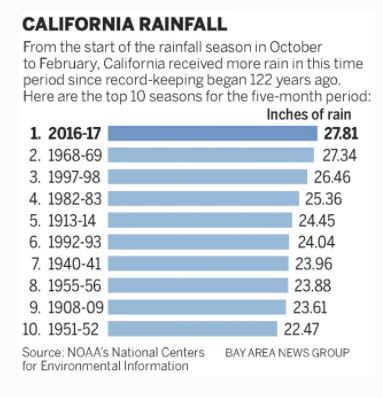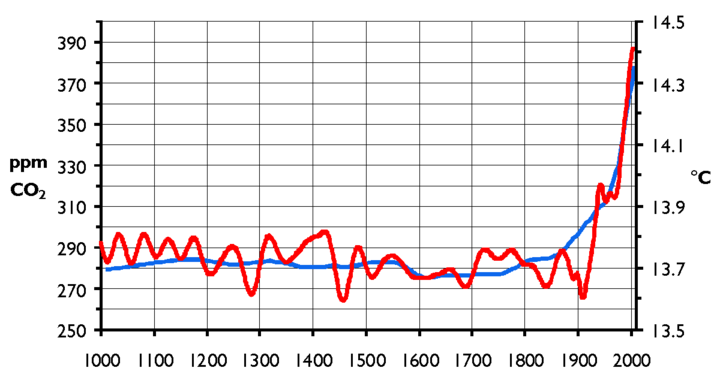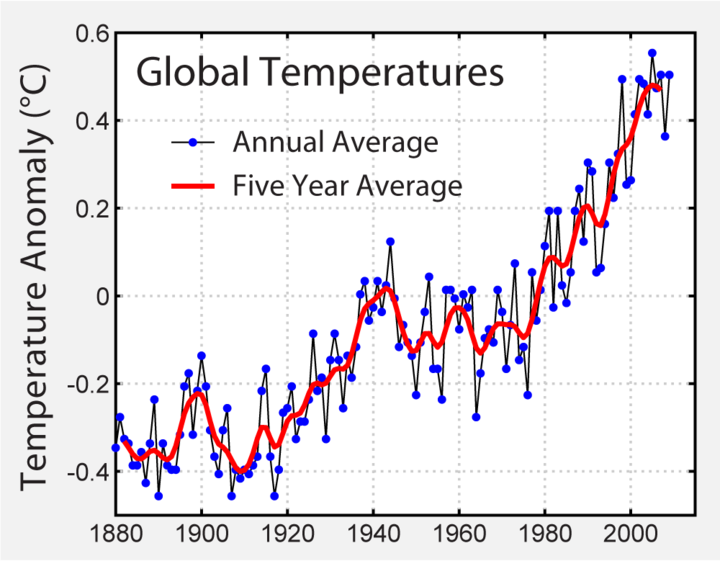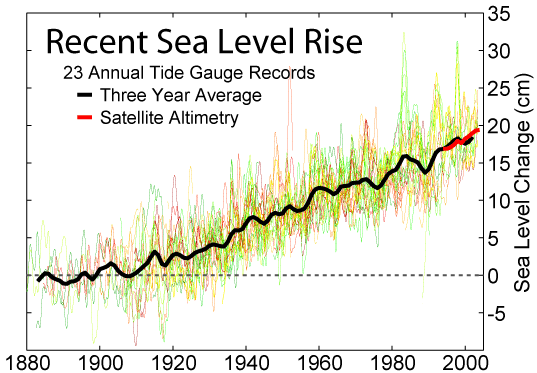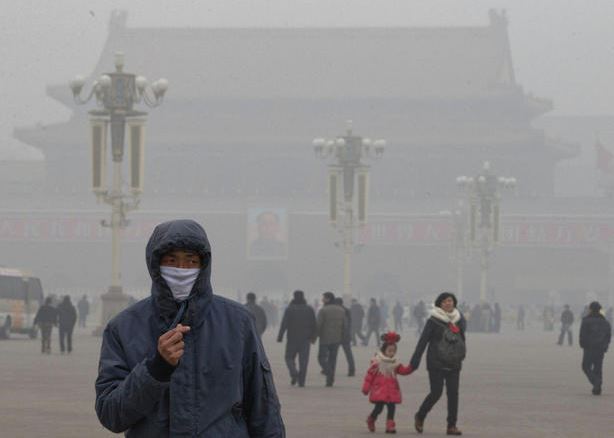NeilBlanchard
Well-known member
Here is a series of videos by a science reporter, that takes on myths about climate change and debunks them:
https://www.youtube.com/watch?v=52KLGqDSAjo&list=PL82yk73N8eoX-Xobr_TfHsWPfAIyI7VAP&index=1
https://www.youtube.com/watch?v=52KLGqDSAjo&list=PL82yk73N8eoX-Xobr_TfHsWPfAIyI7VAP&index=1












